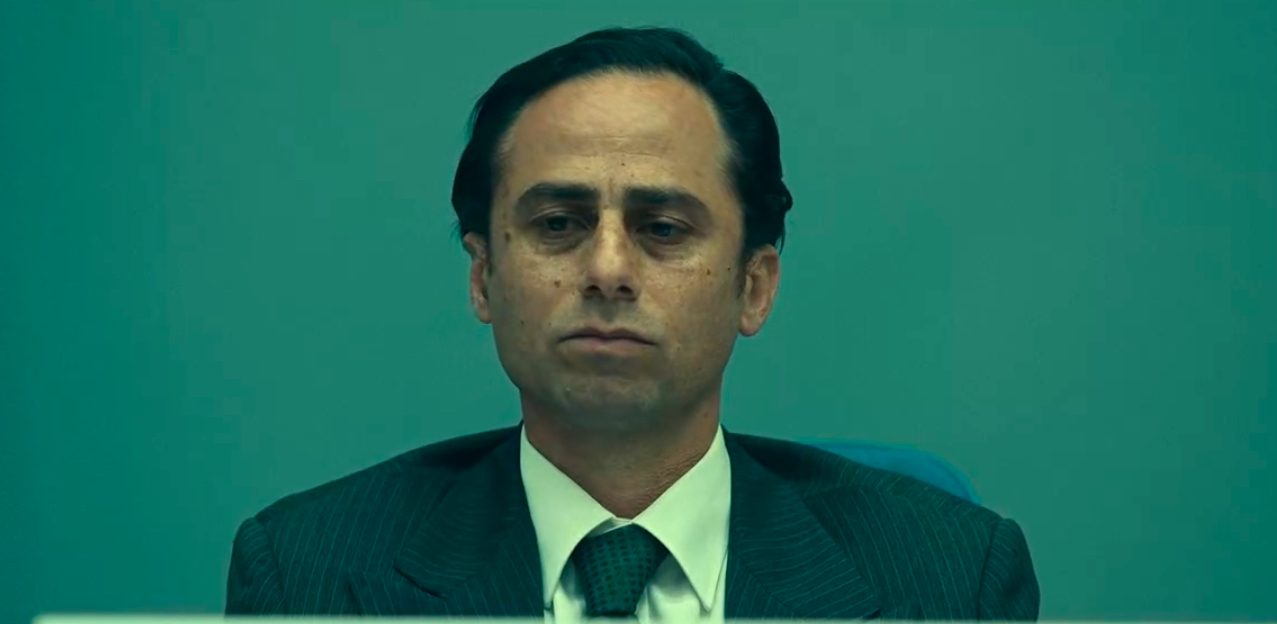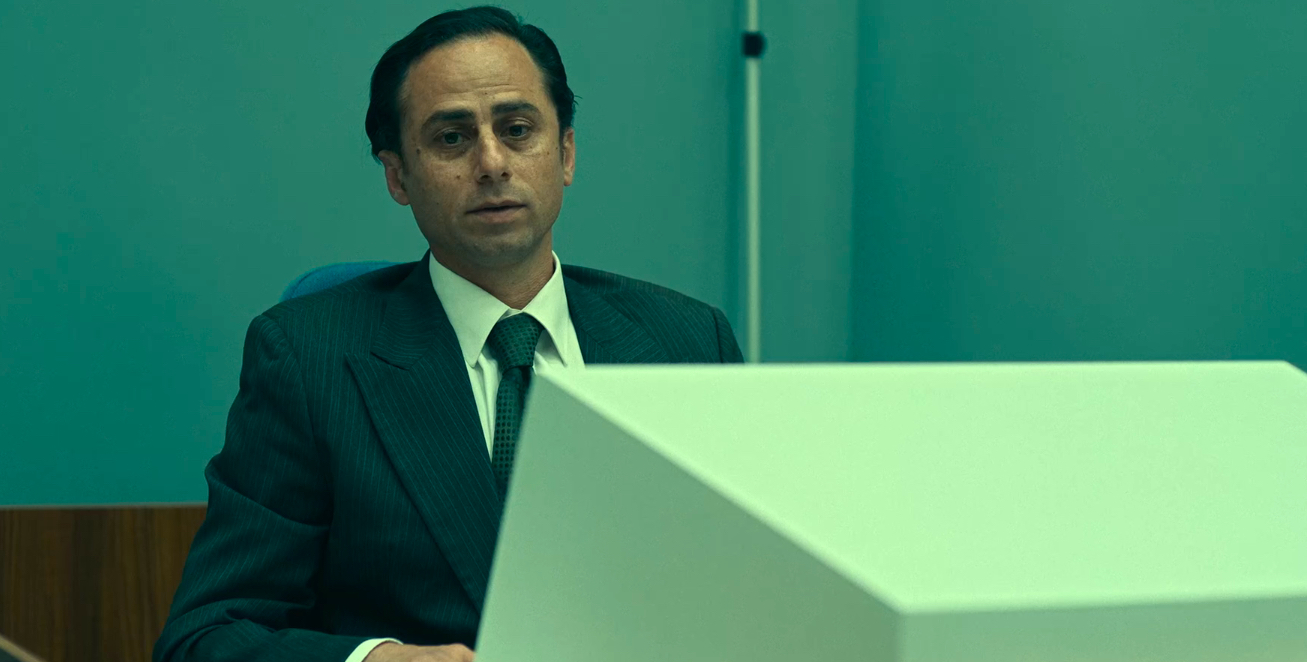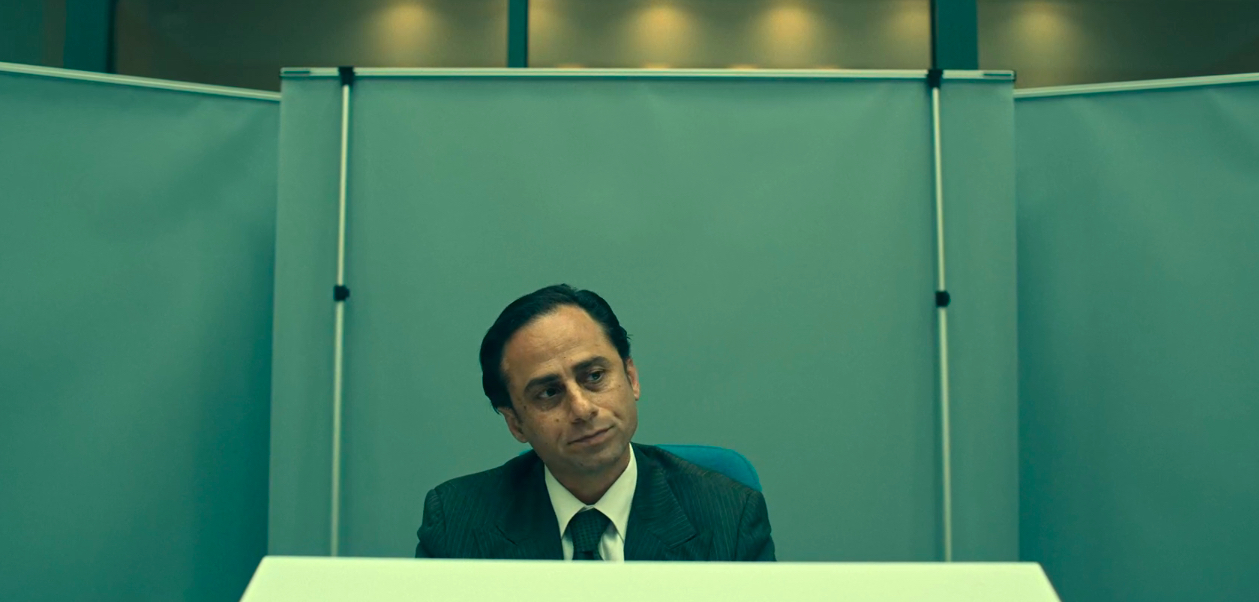Peacock’s ‘Lockerbie: A Search for Truth’ follows the story of Dr. Jim Swire, who embarks on a journey to find the truth behind the bombing of Pan Am Flight 103. His daughter, Flora, was one of the passengers who died on the flight, which makes it a deeply personal thing for him and his family. The five-episode miniseries gives us an insight into Jim’s struggle to keep the fight for truth and justice going while the law takes its own course. Two men— Abdelbaset al-Megrahi and Al Amin Khalifah Fhimah— are accused of the bombing. When they are put on trial, a key witness, Abdul Majid Giaka, is brought in by the prosecution. However, he doesn’t turn out to be the star witness they were expecting him to be.
Abdul Majid Giaka Became a CIA Information Few Months Before the Pan Am Flight Disaster
Abdul Majid Giaka is a pseudonym for the CIA informant who was presented as one of the main witnesses in the trial of Flight 103 suspects. Giaka’s past places him as a member of the Revolutionary Committees and the student movement in Libya. In 1984, he joined the Libyan Security Services (JSO) and was sent to Malta two years later under the cover of assistant station manager at Libyan Arab Airlines (LAA). Soon, however, he became disillusioned with Colonel Gaddafi’s reign and said that he was particularly bothered by his leader and government’s involvement in terrorist activities and crushing of dissent.

In August 1988, he offered himself up as a defector to the Americans. He may have believed that he would be taken out of Malta and sent to America, but instead, he was told to stick to his post with the airlines and collect intelligence from there. In return, he was reportedly paid $1000 per month by the CIA. Moreover, the agency also allegedly helped him get a fake surgery. This was done so that he could be exempted from military service in Libya, as he feared he would be fired from his intelligence job after a case of sexual harassment was lodged against him by an Egyptian teenage girl. While at first, he was believed to be a key asset, it soon became clear to the Americans that he wasn’t providing them with any essential information.
His main purpose of defecting was found to be his desire to relocate with his wife to Malta, where they could live comfortably, as opposed to the turbulence of Libya. It was also alleged that Giaka asked for around $30,000 from the agency to set up his car rental business. Eventually, the agency’s patience with him seemed to have run out, which is when he came forward with a shocking testimony. Codenamed “Puzzle Piece” and “P1,” Abdul Majid Giaka revealed he had key information about the Pan Am bombing. In July 1991, he was taken out of Malta, and following the evidence he produced, he and his wife, Cynthia, were taken to the States and put in the witness protection program.
In the questioning, Giaka revealed that he had seen the accused, Abdel Baset al-Megrahi and Al Amin Khalifa Fhimah, with the brown suitcase, which was another key piece of evidence in their trial. He said that they’d flown in with the bag from Tripoli and passed it through the customs from Malta. His testimony supported the prosecution’s theory that the suitcase with the bomb had emerged from Malta. He revealed that at one point, he was asked by his bosses in the Libyan intelligence service to prepare a report about whether or not it would be possible to leave unaccompanied baggage on a flight. He confirmed it would be possible. He also claimed to have seen a stack of explosives in the possession of one of the accused.
Many Holes in Abdul Majid Giaka’s Testimony Pointed Towards His Unreliability

Due to his status as a confidential informant, Abdul Majid Giaka’s appearance as a witness for the trial was obscured from the public’s view, and his voice was scrambled so it could not be recognized. In the trial, he repeated everything he had already told the FBI. At first, it seemed that his words made the case against the accused airtight. But then, the defense asked some questions and brought forward some information that completely broke his credibility. The first thing that the defense focused on was Giaka’s bad track record as an informant. They referred to the CIA’s reports about him to paint him as a liar who was only trying to get money out of the agency. He was said to have exaggerated his position in the Libyan intelligence when he was simply a mechanic. His claims of being close to senior Libyan officials were shattered when the questioning revealed that he had never even met any of them.
Reportedly, he claimed to be a relative of King Idris of Libya when he had no connection with the royal whatsoever. Giaka also claimed that Colonel Gaddafi and several other Libyan officials, as well as the President of Malta, were freemasons. When asked to back his claim by revealing his source, he refused, claiming security reasons. The defense claimed that Giaka had a history of making up stuff and he was doing the same during the trial. They alleged that Giaka came up with the lies about the defendants because he knew that if he didn’t provide relevant intel to the Americans, he would be cut off from their payroll. It was also claimed that he was after the $4 million reward put up by the American government to any person who came up with important information about the bombing and the accused’s connection with it.
Abdul Majid Giaka’s Credibility Continued to be Tested After the Trial

The questions surrounding Abdul Majid Giaka did not go away even after the trial was over. Reportedly, it was later alleged that when he was being questioned during the trial, American intelligence agents were present in the courtroom, and the situation made it look like they had “coached” him. In 2021, former CIA operations officer John Holt wrote a blog post where he claimed that he was a long-time handler of Giaka, who had never given the CIA any information about Libya’s involvement with the bombing, not even two years after the bombing.
He claimed that the part where he mentioned that Giaka had no knowledge of anything corresponding to the bombing or the involvement of the two suspects was hidden from evidence, and it didn’t come to light until the defense went deeper in their investigations to claim that Giaka’s words couldn’t be believed in reference with the trial. It remains unclear what happened to Giaka after the testimony, but considering his status as an informant, an alleged spy, and a witness in a high-profile case, it makes sense that he took to the shadows and has remained to avoid attracting unwarranted attention.
Read More: Tony Gauci: How Did the Lockerbie Bombing Witness Die?


You must be logged in to post a comment.